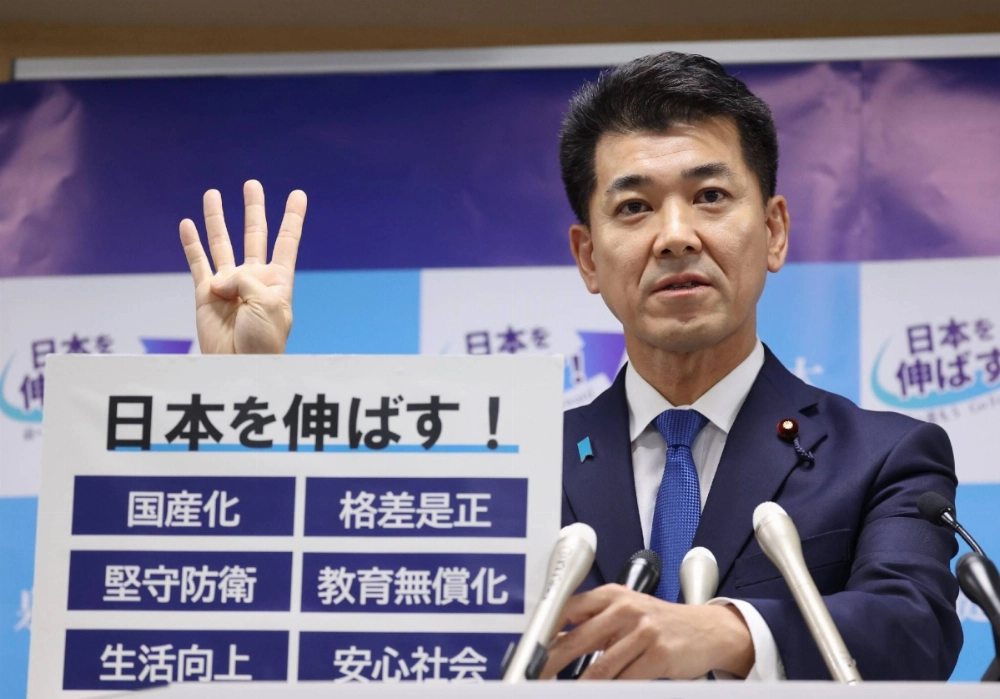The opposition Constitutional Democratic Party of Japan’s presidential election campaign — which begins Saturday, with the vote taking place Sept. 23 — will be contested by three veterans who mostly agree on broad policy goals but have different views over who to partner with in a potential ruling coalition.
The CDP's members, including the party’s 136 parliamentary lawmakers, face three basic choices.
The first is to stick to the path that incumbent leader Kenta Izumi has charted. They could also embrace former CDP leader Yukio Edano, who is aligned with the party’s more liberal groups and was one of the main architects of a 2021 election cooperation agreement with the Japanese Communist Party (JCP).


















With your current subscription plan you can comment on stories. However, before writing your first comment, please create a display name in the Profile section of your subscriber account page.